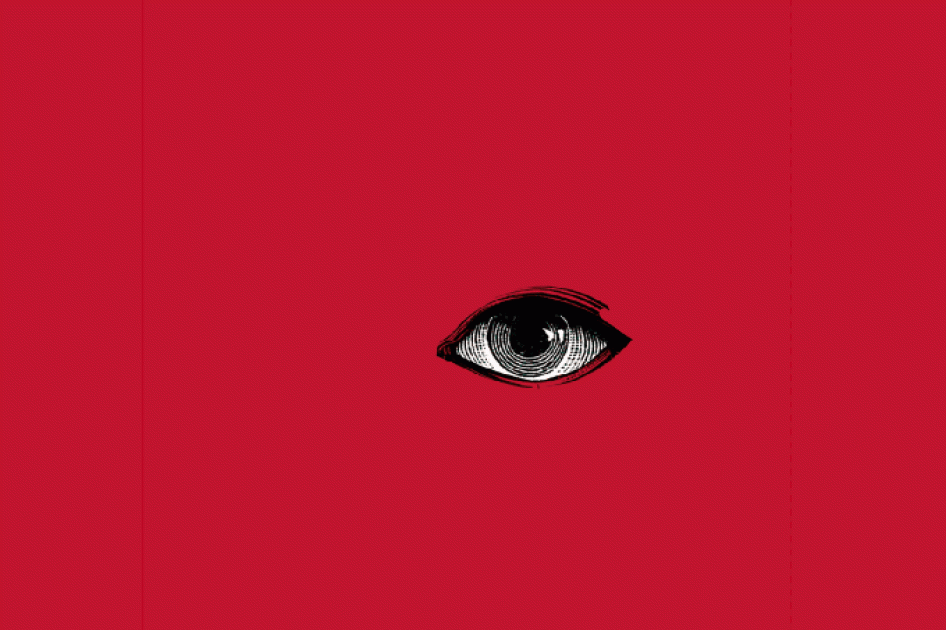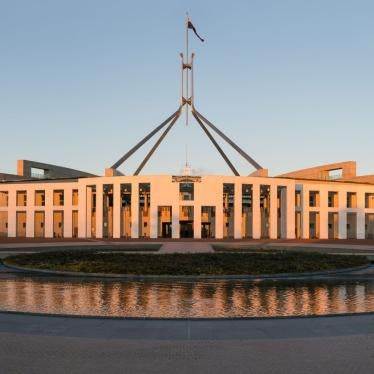Imagine you are stopped at a traffic police checkpoint. A policeman asks for your ID. He then checks his cell phone, and immediately knows many things about you. Not only common public domain information, such as your license plate number, but also your height, blood type, political affiliation, religious belief, associates, and whether you socialize with your neighbors. Isn’t that frightening?
Of course it is, but it is also a reality for about 13 million people in China. The Chinese government has developed a mass surveillance system that has been used to monitor millions of people belonging to Muslim ethnic minorities living in China’s western Xinjiang region.
The Integrated Joint Operations Platform (IJOP) is a police program that connects to Xinjiang’s surveillance systems. These systems compile massive amounts of information—including real-time location data-- about people and identifies those the authorities consider a potential threat to the government. The application follows people's movement by tracking their phones, vehicles, and identity cards.
Based on ambiguous and questionable criteria, such as trips overseas, or using “too much electricity,” the system generates lists of people to evaluate for possible detention. Credible estimates indicate that about one million Muslims are arbitrarily detained in "political education" camps in Xinjiang, where they are indefinitely held until they are deemed loyal subjects of the Chinese Communist Party.
Under President Xi Jinping's leadership, China's repressive government has deployed mass-surveillance systems such as the IJOP. It has ramped up efforts to collect DNA and blood samples, fingerprints, iris scans and other biometric information from millions of people. Facial recognition cameras powered by Artificial Intelligence have been installed across the country, increasing the potential for social control and racial profiling. The use of these technologies has not only resulted in serious violations of the right to privacy, but also of the rights to free expression, association, and religion, to name a few.
Some of these technologies have also been exported to other countries. While Chinese surveillance technologies are not the only ones available for export, the Chinese government has provided loans to make them more affordable. This increases the danger of both mass surveillance and highly intrusive targeting of minorities, especially in already repressive and authoritarian contexts.
Early this year, several parliamentarians from President Jair Bolsonaro´s party visited China to learn about surveillance and other technologies used for public security purposes. After their return, they said they would introduce a bill to make it compulsory to install facial recognition cameras in all public places to assist public security forces to “combat crime and arrest suspects.”
Because this technology is open to serious abuse, the government should provide a detailed justification of the law enforcement and national security purposes for such a system to be put in place. It should also not proceed with such a system unless it can demonstrate that it is possible to implement due process and other safeguards that protect people’s rights to privacy from unnecessary and disproportionate interference.
The use of facial recognition also raises serious questions about their reliability and potential for discrimination. Independent studies have found that these systems may replicate and amplify existing racial, ethnic and gender biases. In Brazil, this potential for bias may disproportionately affect young, black and uneducated men, who are already significantly overrepresented in the criminal justice system.
China's abusive practices show the perils of deploying highly intrusive surveillance systems without adequate transparency, accountability and other safeguards for privacy and related human rights. Brazil should not follow that path. Any use of facial recognition technology should be widely discussed in Congress and by society at large and put in place only with clear and strong controls to prevent and punish abuse.








